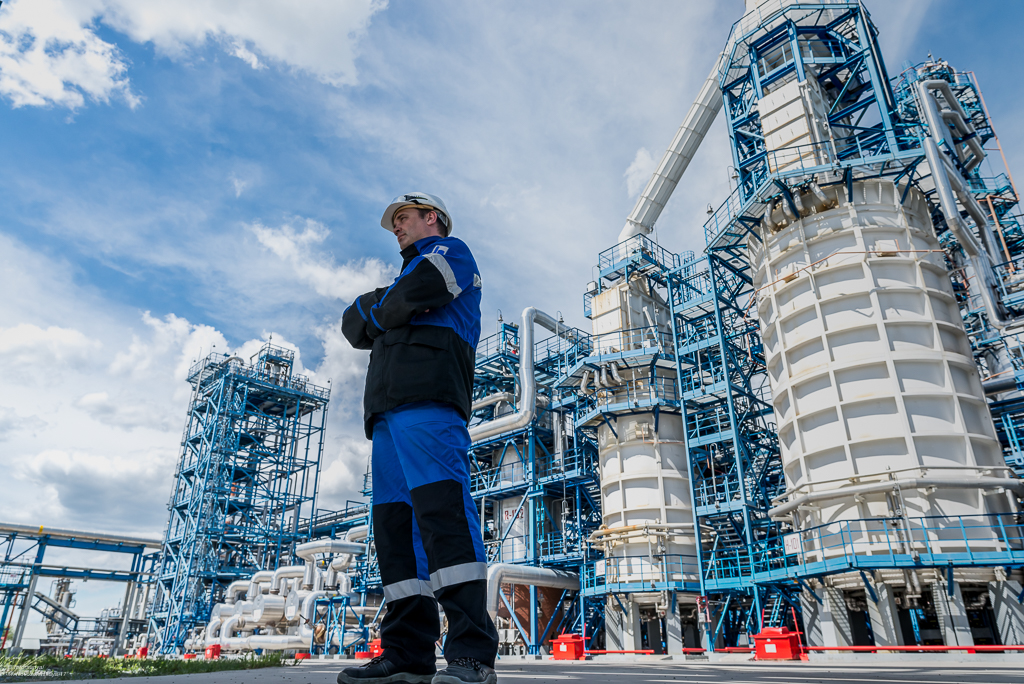- Main
- Sustainable Development
- Waste Management
Waste Management
Waste generation is directly tied to Standartmunai LLP’s economic activity. The Republic of Kazakhstan’s environmental regulations, international standards, and internal regulatory documents adopted by the company’s affiliates and subsidiaries all govern how waste is managed within the organization. Stricter waste management regulations have been implemented as part of the Republic of Kazakhstan’s shift to the new Environmental Code, which was unveiled on July 1, 2023. The Standartmunai LLP group of enterprises is aware of the growing threat to human health and the environment posed by increased production and generation of hazardous and other wastes, and as such, it periodically reviews options to minimize the volume and/or polluting capacity of.
The management of the Standartmunai LLP group of companies is in charge of carrying out the waste management program, which aims to minimize the production and consumption of hazardous and other wastes and reduce their negative environmental impact. The program also includes goals related to the reduction of hazardous and other types of wastes, timely analysis of their implementation, and revision.
Waste management in the Company is organized based on the following principles:
The company regularly manages its waste by collecting, transporting, and disposing of trash from production and consumption as well as by transferring secondary raw materials for recycling, such as batteries, paper, cardboard, PET packaging, and ferrous and non-ferrous metal scrap. A Green Office concept has also been created at the central office level, with the aim of reducing the amount of waste generated in workplaces. For every SDC, the Group of Companies is creating a waste management program with the aim of lowering the amount of waste generated during production and consumption and lessening its adverse effects on the environment.
The operations of the Company produced 6,015 tons of garbage in 2022. The Group of Companies complies fully with all environmental laws and international regulations when conducting its business. The Company’s subsidiaries and affiliates track waste by type, quantity, and properties during project implementation and production activities. Hazardous waste passports are created, and production and consumption waste are tracked in the appropriate waste logbook as waste is generated and transferred for recovery or disposal. At every production facility, waste management coordinators have been established.


